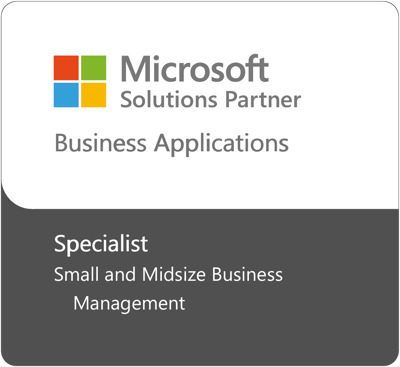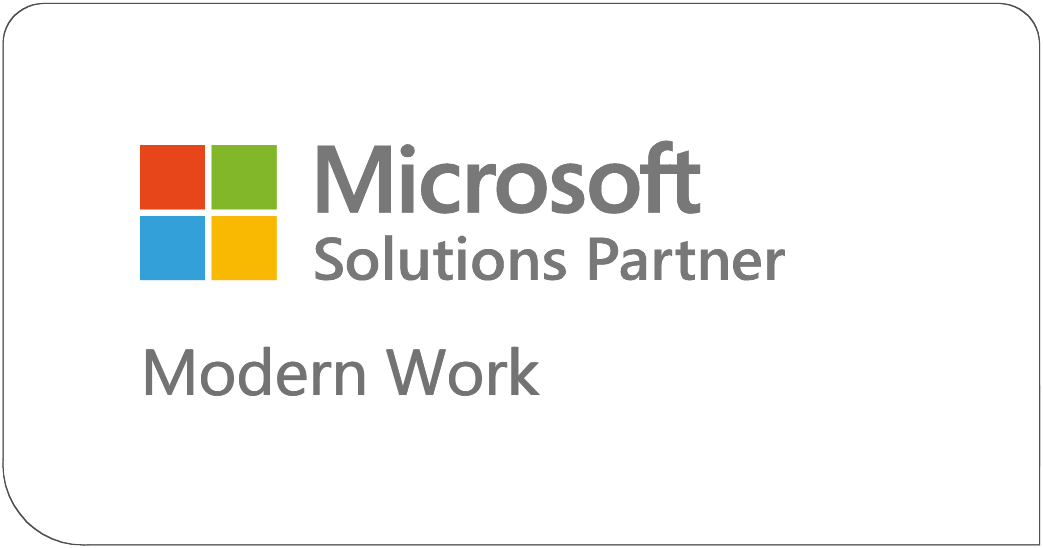Customer Relationship Management (CRM) continues to be a hot topic for most companies. However, these same companies also initially struggle with this tool due to a lack of clear success criteria. The results are a frustrated leadership team, disgruntled sales team, lost time, and sunk costs. According to several research studies, CRM projects' failure rates range from about 30% to 70%*.
So, when does it make sense to invest your company's time and money into a CRM project? Provided you have a clear definition of success, executive support, an internal project lead, and budget—sooner rather than later! What used to be fancy automation is now table stakes. What was the realm of large companies is now expected, and usually delivered, by nearly every startup. Customer experience is king, and knowledge of that customer is what molds that experience. This knowledge is leveraged most strategically in a well-defined CRM system, but we must have our strategy and vision for success defined before we discuss software.
In the world of Microsoft Dynamics, customers have two choices for Microsoft-based CRM solutions. There is the well-known and widely installed Microsoft Dynamics 365 for Sales, in use today by 60,000+ companies worldwide. Then there is the Business Central/NAV Relationship Management functionality. While more than 200,000 companies worldwide use Business Central, many of them neglect the relationship management functionality.
Why don't companies use it? Well, frankly, most don't even realize they own it. I will spend the remainder of this article discussing some of the pros and cons of using either of these tools, so you can ask better questions when you decide to undertake your CRM project.
D365 Sales is a great product; I have 10+ years of experience using it to lead sales efforts. If your company requires advanced marketing capabilities, robust workflows, or other complex features, then it is the right solution for you.
For those that have followed my speaking sessions in the user groups or blogs, you are aware that I am an evangelist for Business Central. In particular, having assisted companies with CRM for over 20 years, I like that Relationship Management is built right into Business Central. If your company is new to the CRM world or has struggled with CRM implementations, I strongly recommend trying the solution pre-built in your ERP system.
In conclusion, I would remind you that having a plan for your CRM project is vital. Knowing what success looks like in definite terms is essential. Once you have these two pieces in place, you can begin to evaluate which solution will best support your sales and marketing requirements. Whether you choose Microsoft Dynamics Sales or Business Central Relationship Management, you can trust that the entire Microsoft platform will provide your company a strong foundation from which you can grow.
If you have questions about this or any other topic related to your CRM journey, reach out to me at tdoran@innovia.com or browse our resources for additional tips and tricks for success with your CRM project.
Innovia Headquarters:
1062 Oak Forest Dr.
Suite 300
Onalaska, WI 54650
Phone: 800.834.7700


Innovia is a multiple-award-winning Microsoft Dynamics NAV and Business Central consulting firm known for delivering innovative Microsoft ERP systems while providing exceptional client-focused service.